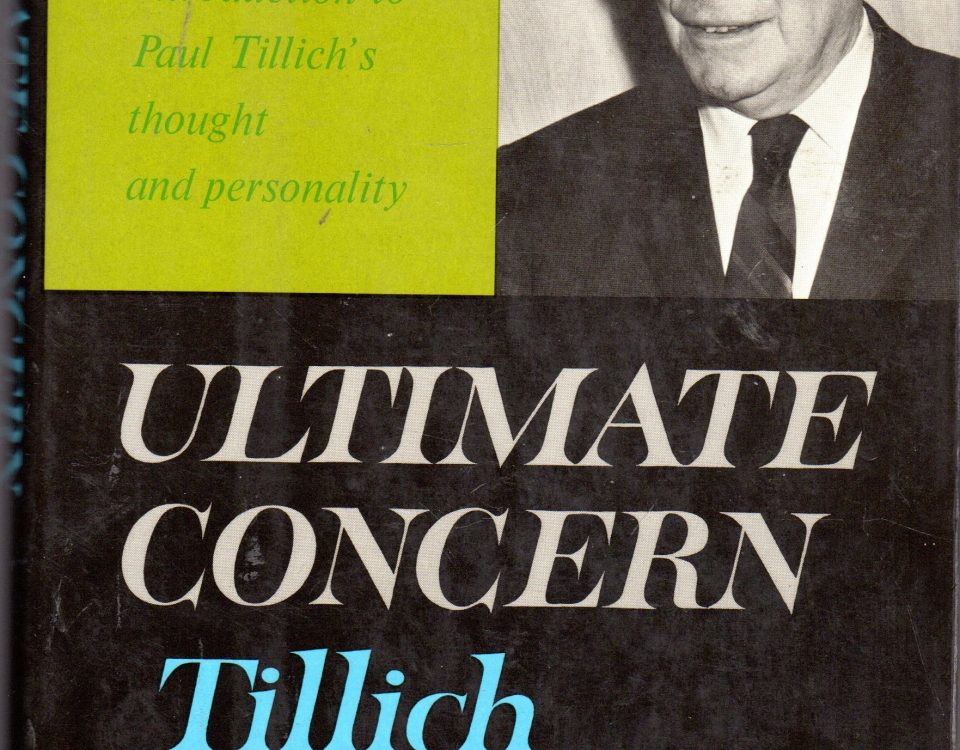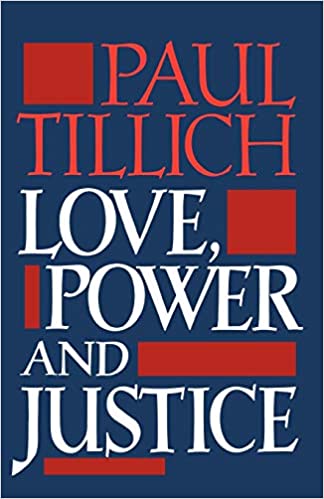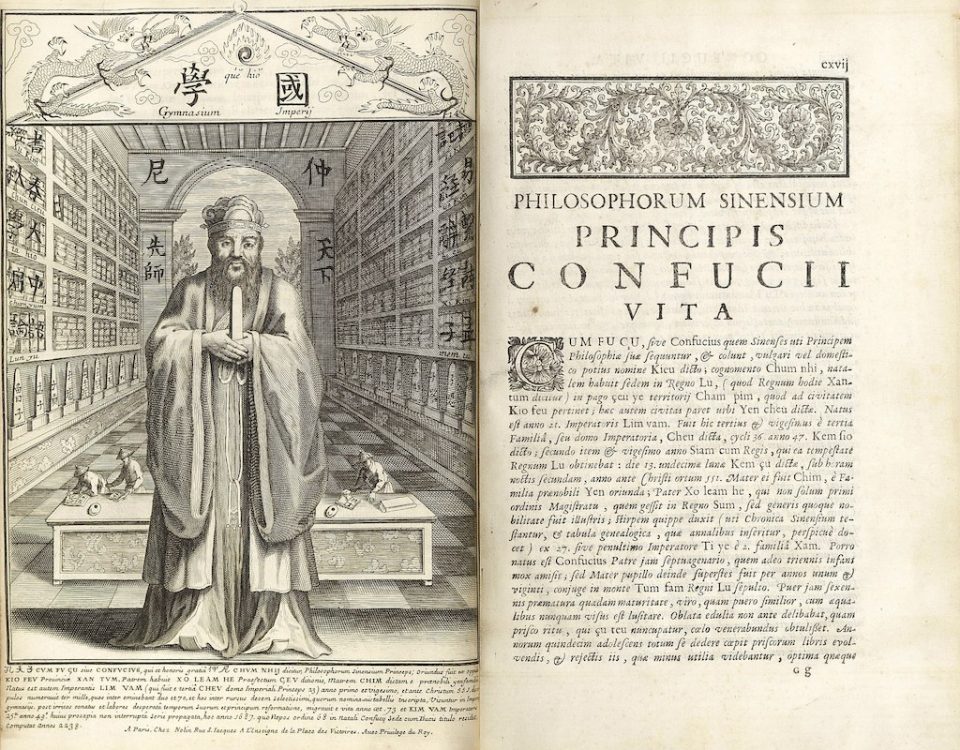
MULTIMEDIA LEARNING PLATFORM PAUL TILLICH
Paul Tillich is a Protestant theologian who has dealt with (pop) cultural phenomena throughout his life and has participated in inter-religious and political discourses. A frontier worker. In his theological and philosophical publications, the speech of the unconditioned, his description of life on the borderline, as well as his concept of symbol play a decisive role. How are life and work related? Where do Tillich's core ideas gain relevance today? The multimedia learning platform paultillich.de enables students to independently deal with the life and work of Paul Tillich.
The homepage offers e.g. videos and interviews with professors of theology, links to important publications of Paul Tillich, and with the processing orders offered, lead to a deepening of understanding, reflection and review. For example, social feeds are integrated (currently Instagram and Twitter in the module "What is truth": #truth). Can phenomena be observed here that correlate with theological considerations? The acquired knowledge of Paul Tillich's theology can be reconsidered and reexamined on the basis of everyday phenomena. In addition, attempts at interpreting his crucial assumptions can be made and shared on the homepage via the comment function.
Competency expectations are shown separately for each module offered. Likewise, an assessment of the processing time.

MULTIMEDIA LEARNING PLATFORM PAUL TILLICH
Paul Tillich is a Protestant theologian who has dealt with (pop) cultural phenomena throughout his life and has participated in inter-religious and political discourses. A frontier worker. In his theological and philosophical publications, the speech of the unconditioned, his description of life on the borderline, as well as his concept of symbol play a decisive role.
How are life and work related? Where do Tillich's core ideas gain relevance today?
The multimedia learning platform paultillich.de enables students to independently deal with the life and work of Paul Tillich. The homepage offers e.g. videos and interviews with professors of theology, links to important publications of Paul Tillich and, with the processing orders offered, leads to a deepening of understanding, reflection and review. For example, social feeds are integrated (currently Instagram and Twitter in the module "What is truth": #truth). Can phenomena be observed here that correlate with theological considerations? The acquired knowledge of Paul Tillich's theology can be reconsidered and reexamined on the basis of everyday phenomena. In addition, attempts at interpreting his crucial assumptions can be made and shared on the homepage via the comment function. Competency expectations are shown separately for each module offered. Likewise, an assessment of the processing time.

HOW IT WORKS

Choose

Work

Share

Discuss

HOW IT WORKS

Choose

Work

Share

Discuss

RECENT MODULES
Ultimate Concern
18. November 2021 0In this module Mary Ann Stenger ist talking about her understanding of some of Paul Tillich's core terms. She talks about ambiguity, Tillichs understanding of god and power in the light of feminism, the question of the ultimate concern and the question of interreligious dialog in the US.Love, power and justice
20. November 2020 0This module deals intensively with the work: Love, Power and Justice. Verna Ehret gives an insight into her experiences with Tillich's work and the US government's dealings with the Seneca nation in the Pittsburgh region. Tillich's remarks on justice are particularly connectable in the question of how to deal with racism.Tillich as dialogue partner with religions
20. November 2020 0This module deals with comparative theology. How can Tillich's understanding of God as "Ground of Being" help to understand and act as a bridge with other religions.Meet Paul Tillich
22. February 2019 0Prof. Dr. Dr. Werner Schüßler talks about his first contact with Paul Tillich as the subject of his dissertation and reports on the connection between his biography and the life and works of Paul Tillich.Tillich and German Idealism
22. February 2019 0German Idealism is the term used to describe the epoch of German philosophy from Kant to Hegel and to Schelling's late work. The publication of Kant's Critique of Pure Reason (1781) and the death of Georg Wilhelm Friedrich Hegel (1831) are usually regarded as chronological dates.

RECENT MODULES
Ultimate Concern
18. November 2021 0Love, power and justice
20. November 2020 0Tillich as dialogue partner with religions
20. November 2020 0Meet Paul Tillich
22. February 2019 0Tillich and German Idealism
22. February 2019 0
Deprecated: preg_split(): Passing null to parameter #2 ($subject) of type string is deprecated in /home/users/ilona/www/paultillich/wp-includes/formatting.php on line 3500






